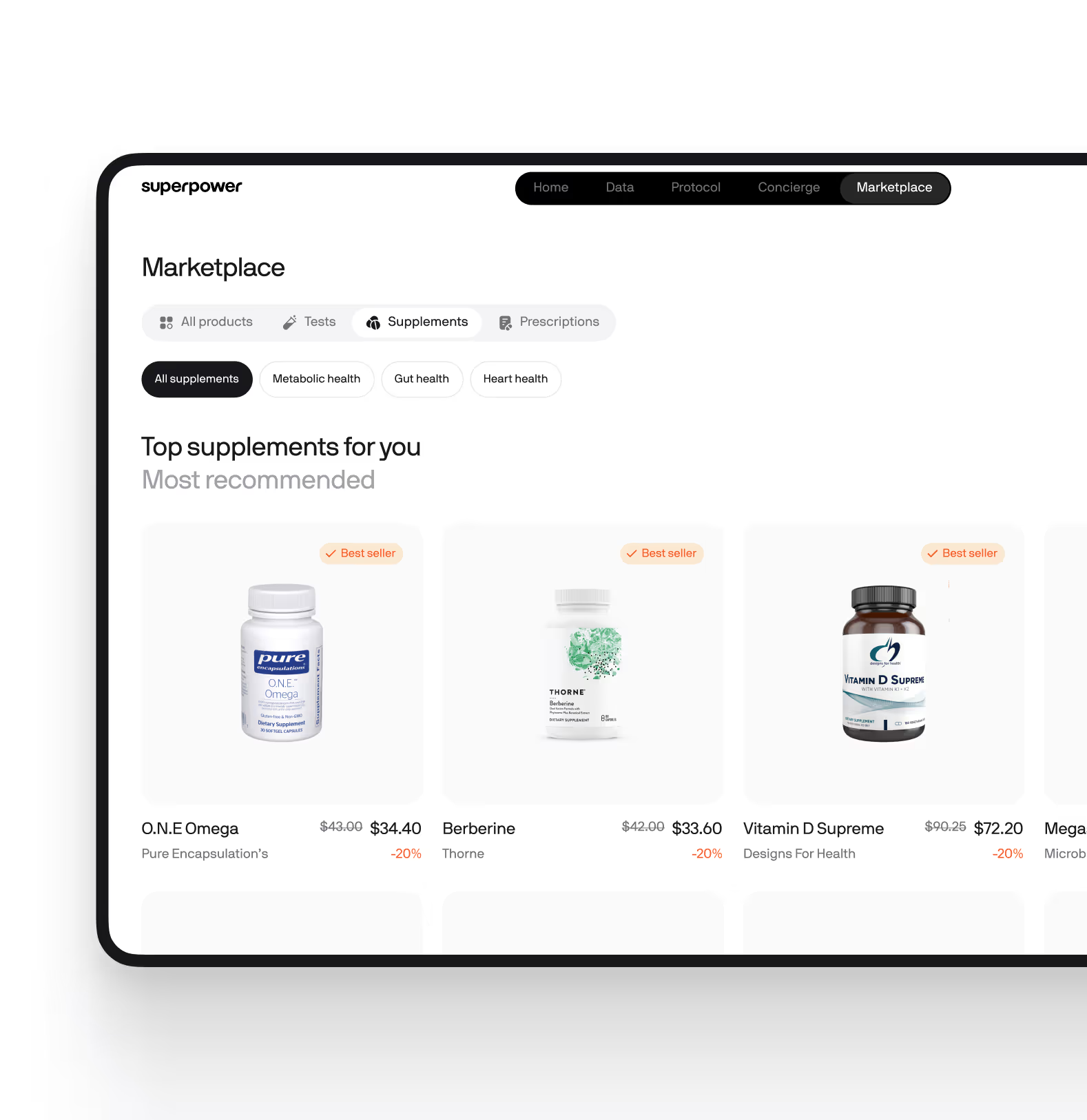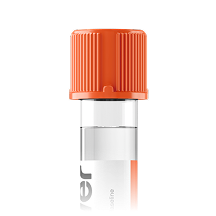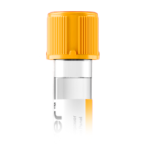Key Insights
- Check whether your biotin status is sufficient and whether supplement use could distort other lab results.
- Spot low or high exposure patterns that may help explain hair shedding, brittle nails, scaly rashes, or tingling sensations.
- Clarify how diet, pregnancy, gut absorption, medications, or high-dose “hair and nail” products are shaping your biotin status.
- Support clinician-guided decisions about supplement dosing, timing before bloodwork, or evaluation for malabsorption or inherited enzyme issues.
- Protect pregnancy and postpartum health by confirming adequate — not excessive — exposure when needs change.
- Track trends over time, especially when you adjust supplements, change diets, recover from illness or surgery, or start therapies that alter nutrition.
- If appropriate, interpret results alongside thyroid, cardiac, or hormone panels that can be affected by biotin for a clearer clinical picture.
What is a Biotin Test?
A biotin test measures vitamin B7 (biotin) in your blood to assess recent intake and exposure. Biotin is a water‑soluble vitamin that acts as a cofactor for carboxylase enzymes that power fatty acid synthesis, gluconeogenesis, and amino acid metabolism. Most clinical labs quantify circulating biotin in serum or plasma, often using liquid chromatography–mass spectrometry (LC‑MS/MS) for specificity. In select settings, indirect markers may be reviewed — such as biotinidase enzyme activity (important in newborn screening) or organic acids like 3‑hydroxyisovaleric acid that rise when biotin‑dependent pathways are stressed.
Because biotin is not stored in large amounts and has a short half‑life, results primarily reflect recent intake and absorption, not a long‑term reserve. That makes context crucial: timing of your last supplement, overall diet quality, gut health, and certain medications can shift levels meaningfully. Interpreting this test is most informative when integrated with symptoms, supplement use, and, when relevant, other laboratory panels that either depend on biotin‑dependent metabolism or can be skewed by high circulating biotin.
Why Is It Important to Test Your Biotin?
Biotin sits at the crossroads of energy and structural biology. It helps the body build fatty acids for cell membranes and skin, recycle carbon in gluconeogenesis for steady energy, and metabolize certain amino acids that feed into the Krebs cycle. When biotin is chronically low, you might notice clues in fast‑turnover tissues: increased hair shedding, brittle nails, or an eczematous rash around the mouth, eyes, or nose. Neurologic symptoms like fatigue, low mood, or tingling can appear in more severe deficiency. Risk rises with pregnancy, prolonged antibiotic use, chronic alcohol exposure, malabsorption (e.g., after bariatric surgery or with inflammatory bowel disease), consuming raw egg whites regularly (avidin binds biotin), or taking certain anticonvulsants. On the flip side, very high supplement doses — common in hair and nail gummies and some “wellness” stacks — can leave lots of free biotin in the bloodstream.
That excess matters for a practical reason: many modern immunoassays use biotin–streptavidin chemistry. Extra biotin in your blood can hijack these tests and produce falsely low or falsely high results, most notably with thyroid panels, cardiac troponin (used to evaluate heart attack), parathyroid hormone, and hCG. Regulators and professional societies have cautioned clinicians about this interference, and many labs now ask patients to pause high‑dose biotin before blood draws. A biotin test helps answer two key questions at once: Do you have enough for healthy metabolism and tissue repair, and is there so much circulating that it could distort other labs you and your clinician rely on? If you are cutting calories, on GLP‑1 medications like Ozempic, or shifting to restrictive diets, checking micronutrients such as biotin can also contextualize changes in hair, skin, and energy — though broader micronutrient panels are often considered to get the full picture.
What Insights Will I Get From a Biotin Test?
Your report typically shows a biotin concentration in blood, compared against your lab’s reference interval. Because assays vary (LC‑MS/MS versus certain immunoassays), reference ranges are lab specific, and units may differ. Levels within the reference interval generally indicate adequate recent exposure via diet and supplements. In this context, your biotin‑dependent enzymes are likely well supported, which favors efficient energy production, healthy keratin synthesis for hair and nails, and stable skin barrier function.
If your value is below the lab’s range, it suggests insufficient recent intake or absorption. Mechanistically, low biotin can slow carboxylase activity, which can ripple through fatty acid synthesis and glucose recycling and may contribute to increased hair shedding, nail fragility, or dermatitis. Low results are a signal to explore causes — such as malabsorption, pregnancy‑related shifts, certain medications, or dietary patterns — and to consider whether additional evaluation for other micronutrients makes sense if symptoms persist.
If your value is well above the expected range, the most common reason is recent high‑dose supplementation. From a metabolism perspective, excess biotin is usually excreted. The larger issue is laboratory interference: free biotin can saturate streptavidin binding sites used in many immunoassays, displacing complexes and skewing readouts. In practical terms, a high biotin level tells you to coordinate timing between any supplements and upcoming bloodwork so your thyroid, troponin, fertility, or bone‑health labs reflect your biology rather than a chemistry artifact.
Two additional interpretive notes add value. First, timing matters: a single dose can transiently elevate circulating biotin for hours, so results reflect proximity to your last supplement more than long‑term status. Second, context is king: pairing biotin results with symptoms, diet history, medication list, and related labs (for example, thyroid function, iron status, or inflammatory markers) produces the clearest story. Viewed over time, the biotin test helps you and your clinician understand how changes in diet, gut health, or supplement use are landing in your body — and whether any adjustments are needed before critical lab panels, during pregnancy, or when hair, skin, or energy concerns surface.


.svg)








.avif)



.svg)





.svg)


.svg)


.svg)

.avif)
.svg)










.avif)
.avif)



.avif)







.png)